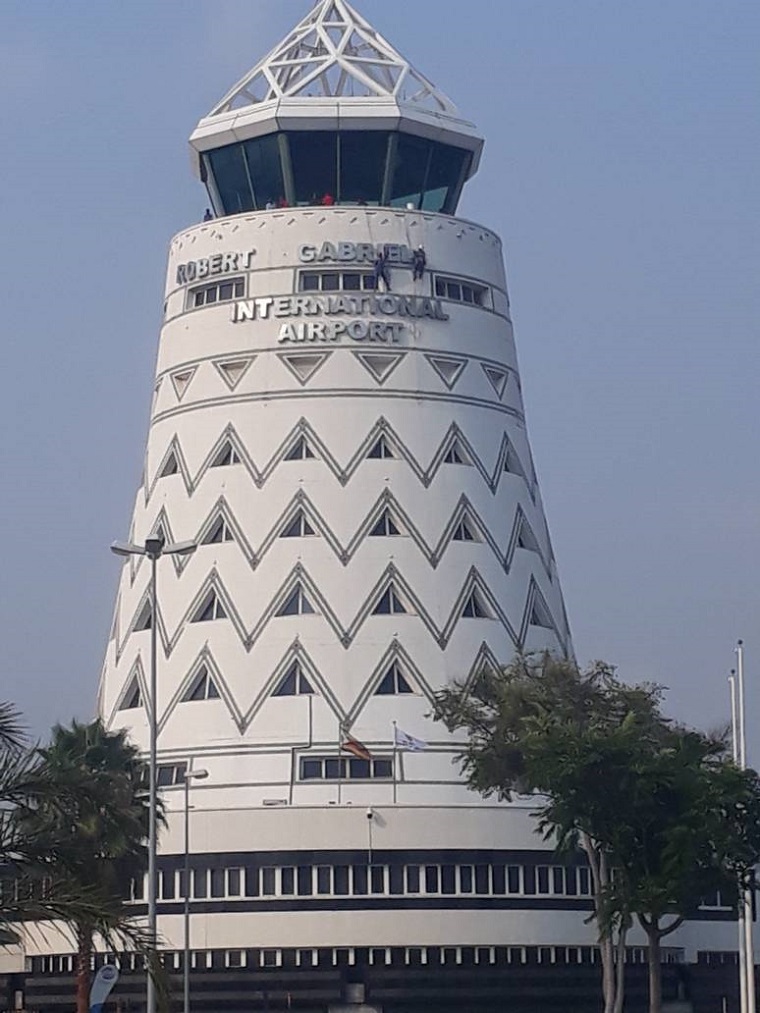In December 2022, Africa50 announced: “Africa50 and the Government of Zimbabwe’s framework of cooperation will cover the Harare, Victoria Falls and Bulawayo International Airports. Following an assessment of the opportunity to operate these airports under a long-term PPP scheme, Africa50 will then offer to partly or fully relieve the Government of its debt repayment burden associated with the three international commercial airports.”
Sales of national infrastructure are never without controversy. In the UK, Spanish infrastructure giant Ferrovial last week sold its 25% stake in Britain’s busiest airport Heathrow. The airport is now 90% in foreign hands, including investors from Saudi Arabia and China. Hungary’s state-owned Corvinus and Vinci Airports has notified the European Commission of a proposed joint takeover of Budapest’s airport. A Reuters report, citing investment bankers and industry experts, said there will be an acceleration of airport sales across Europe in 2024.
This October, Gambia handed over the Senegambia Bridge, which links Gambia and Senegal, to Africa50’s asset recycling programme. Togo, in July, reached a similar deal with Africa50 for the management of a major highway, the Lomé-Kpalimé Road project. Some countries have modelled private sector participation in state assets differently. In October, DP World, the world’s largest ports company, announced a 30-year deal to run Tanzanian ports, in exchange for funds to expand the infrastructure.
For Zimbabwe, any lease or sale would be closely watched, given how previous attempts to dispose of state enterprises have stalled, and the government’s poor record of managing public assets.
A report by analysts Marsh McLennan said while asset recycling had worked in Australia, the biggest hurdle is public acceptance, especially in places where privatisation has failed: “Having enough public assets to potentially monetize is a key prerequisite for an asset recycling scheme, but equally important is the willingness of the general public to accept private investment and management of infrastructure.”-NewZWire
(233 VIEWS)


